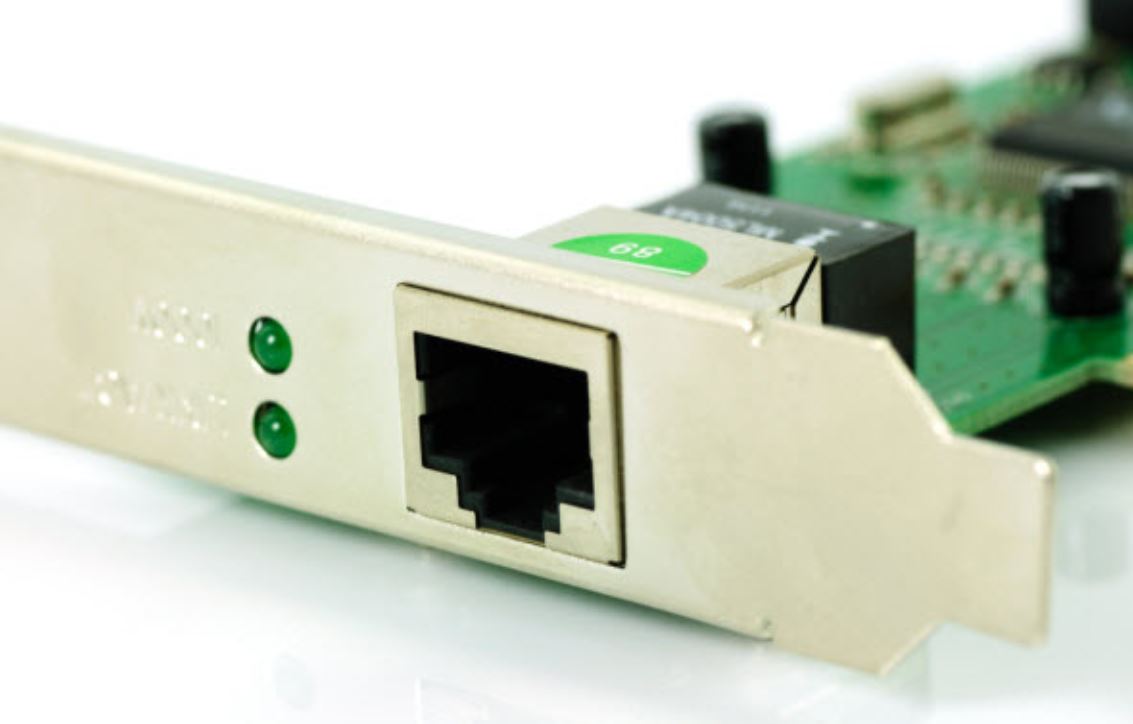CenturyLink Let One Bad Networking Card Disrupt 911 Services in Multiple States
Enthusiasts know one bad part can render an entire system inoperable. That apparently holds true for Internet service providers like CenturyLink, too, because a single malfunctioning network card reportedly disrupted much of its infrastructure from December 27-29. This disruption resulted in service problems for the company's residential customers, business users, and parts of the 911 emergency system.
Many noticed problems with CenturyLink's services on December 27. But the real danger was confirmed on December 28 when Federal Communications Commission (FCC) chairman Ajit Pai said that he planned to investigate the outage after it "affected 911 service for numerous consumers across the country."
Catapult Systems senior lead consultant Nathan Ziehnert then revealed the outage's cause: "After a 50 hour outage at 15 data centers across the US — impacting cloud, DSL, and 911 services — CenturyLink says the outage is fixed and was caused by a single network card sending bad packets (they’ve since applied bad packet filtering)." That's right--people couldn't call 911 because of some bad packets.
CenturyLink acknowledged the disruption on Twitter but has yet to share any information about the incident on its consumer-facing site, investor relations page, or MediaRoom. We reached out to the company for more details and received the following response:
"The network event experienced by CenturyLink Thursday has been resolved (as of early Saturday morning). Services for business and residential customers affected by the event have been restored. CenturyLink knows how important connectivity is to our customers, so we view any disruption as a serious matter and sincerely apologize for any inconvenience that resulted. We now return to normal business operations, and customers who have a service issue should contact CenturyLink’s repair department.
We are still conducting formal post incident investigations and analysis of the Dec. 27 outage, which is why we haven't sent a final root cause communication to our customers. Our goal is to not only identify the source of the outage, but also any contributing factors. We are committed to operational excellence and take any service interruption seriously, which is why we worked around the clock until we restored service to our customers."
The situation would be comical if it weren't so dire. Who hasn't had to troubleshoot a problem caused by one small thing? That happens pretty much every time we change our TV setup. But this isn't like not being able to watch "Die Hard" on Christmas because grandpa can't work a DVD player; people couldn't call 911 when they needed emergency services the most because of a nationwide ISP's failure.
Get Tom's Hardware's best news and in-depth reviews, straight to your inbox.

Nathaniel Mott is a freelance news and features writer for Tom's Hardware US, covering breaking news, security, and the silliest aspects of the tech industry.
-
premomh To the author of this post: Are you trying to report news (like a journalist) or editorialize? Just curious since you apparently couldn't help yourself by inserting your blatant Net Neutrality bias... Nearly renders an article like this unreadable.Reply -
Paul Alcorn Reply21629371 said:To the author of this post: Are you trying to report news (like a journalist) or editorialize? Just curious since you apparently couldn't help yourself by inserting your blatant Net Neutrality bias... Nearly renders an article like this unreadable.
Thanks for the heads up. We've amended the article to stay closer to the facts of the matter.
-
premomh No problem. I must admit I wasn't expecting an amendment but am pleasantly surprised.. I commend your dedication to impartiality. Thank You.Reply -
Kenneth Hans I'm sure it took a while for someone to admit it was the NIC. It probably started with 'blame the antivirus software'...Reply -
bit_user I was thinking it would probably turn out to be hackers. More likely extortion than state-backed. But, I guess it's worth remembering never to underestimate incompetence.Reply
To be clear, it's only down to incompetence that the system was vulnerable to such a point of failure - and especially that it took so long to diagnose and correct.
Regardless, I am sure this gave a few black hat hackers some ideas about new exploits to try and infrastructure to target. -
premomh I have a sneaking suspicion that CenturyLink is suffering from failing infrastructure and is either too cheap or too broke to fix it... Either way, if true, it certainly doesn't bode well for them when they inevitably get all their 911 service contracts cancelled... We may be seeing the beginning (or the middle, anyway) of the end of CenturyLink).Reply -
shadowfur Any essential services and businesses that require internet should have a minimum of two internet connections from different isps that do not share the same network and backbone set to automatically fail over to the other isp if reliability issues or connection going down is detected.Reply -
spdragoo Not surprised, back when they were Qwest Communications they weren't known for being up-front about issues (not speaking as a customer, but as an actual former employee).Reply -
bit_user Reply
What they said was it injected bad packets - not that they wouldn't pass traffic. We don't know exactly how they were bad, or what sort of effect it was having, but the comment about enabling bad packet filtering suggests the bad packets were causing some sort of nonlinear effect.21632799 said:Any essential services and businesses that require internet should have a minimum of two internet connections from different isps that do not share the same network and backbone set to automatically fail over to the other isp if reliability issues or connection going down is detected.
So, I don't think it's as simple as that they lacked redundancy on their uplinks.
-
nathan.ziehnert While I appreciate the attribution, the quote should be attributed to Kevin Beaumont: https://twitter.com/gossithedog/status/1079144491238469638?s=21Reply
I’m just a guy with funny memes :)
